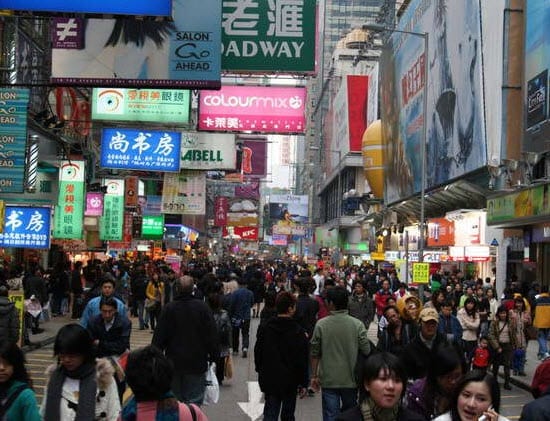The policy is geared toward people up to the age of 75 and may reduce the expense shouldered by the government.
The health insurance industry in Hong Kong is getting ready to launch a new form of coverage that is designed to cater to people in their 60s and early 70s, which could help to significantly ease the financial burden that has been weighing on government healthcare services.
Recent predictions have shown that the cost of government health services could rise by over $36 billion (HK$285 billion) by 2041.
This new health insurance coverage is designed to target senior citizens and is being offered by Swiss Re. It is meant to cover a demographic that traditionally has a difficult time finding plans in Hong Kong. This new product could help to considerably ease the burden of that part of the uninsured population on the government, which is facing rapidly rising long term healthcare costs.
Swiss Re will be accepting health insurance applications for people up to the age of 75, which is higher than most other insurers.
 The typical health plan in Hong Kong is not available to people over the age of 60 or 65 years. The Swiss Re product will give senior citizens another 10 to 15 years of available coverage. This insurance news has arrived at the same time that reports have been stating that the government has said that its Food and Health Bureau would be issuing its final proposals for financing in December in order to improve the sustainability of its financing of the public healthcare system in the city over the long term in light of an aging population.
The typical health plan in Hong Kong is not available to people over the age of 60 or 65 years. The Swiss Re product will give senior citizens another 10 to 15 years of available coverage. This insurance news has arrived at the same time that reports have been stating that the government has said that its Food and Health Bureau would be issuing its final proposals for financing in December in order to improve the sustainability of its financing of the public healthcare system in the city over the long term in light of an aging population.
Among the different ideas that had been considered was to encourage the greater use of private health services and an increase in the amount of personalized health coverage.
Marianne Gilchrist, the Swiss Re head of health solutions, explained this new health insurance product market and opportunity by saying that “Hong Kong is quite famous for its critical-illness products that cover many conditions.” She also added that “Hong Kong people want everything covered, but you are not really getting much benefit, [except] maybe peace of mind. The reality is that it would be much better to focus on getting a higher payout for the things that are more likely to happen to them.”
